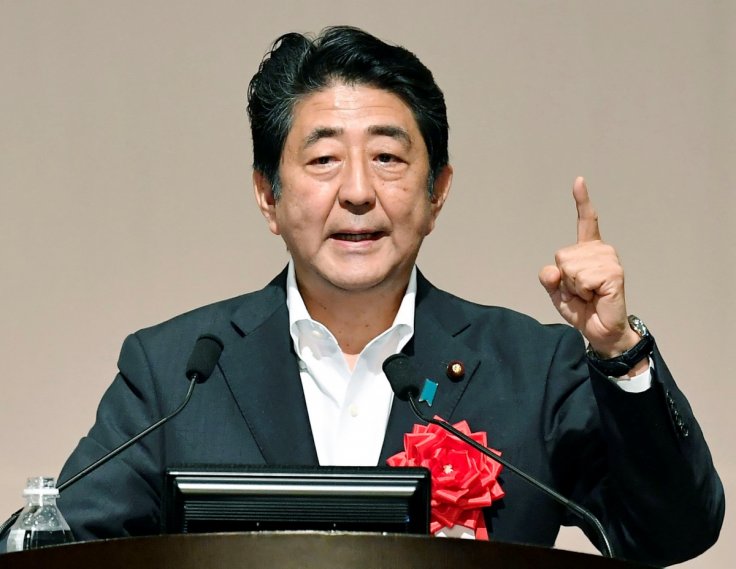
Former Japanese Prime Minister Shinzo Abe has died aged 67 after he was shot twice on Monday morning in the eastern city of Nara during an election campaign event.
Japan's NHK confirmed the news, citing officials of Abe's Liberal Democratic party (LDP).
Earlier in the day, Japanese Prime Minister Fumio Kishida had said Abe's condition remained grave. Japanese officials had suggested in the immediate aftermath of the shooting that the health of the former prime minister, Japan's longest serving leader, was tenuous. They had said Abe was in a state of cardiopulmonary arrest after collapsing on the scene of the crime.
In Japan, 'cardiopulmonary arrest' is a term commonly used in Japan before a death is officially confirmed.
Photos and videos from the scene showed the assassin firing two shots from behind even as Abe was making a stump speech. Abe collapsed on the ground where he was seen bleeding profusely. Reports close on the heels of his hospitalization said he had no vital signs when he was brought to the hospital.
Who Shot Abe?
Reports had said Abe was not conscious and appeared to be in cardiac arrest. Although initial reports had said he was hit on the chest, it was made clear later that the shot that took one of the most important leaders of post-war Japan was on his neck.
The security officials at the scene apprehended the assassin, who has been identified as 41-year-old former member of the Japanese Maritime Self-Defense Force. The shooter, Tetsuya Yamagami, is a resident of Japan's Nara city. Reports said
Abe Brought Stability to Japanese Politics
Abe, 67, is the longest-serving prime minister in Japan's history. He served as prime minister from 2012 to 2020 and resigned citing poor health.
Abe was in the city of Nara as part of the campaign for Sunday's election for the Japanese parliament's upper house.
Abe brought a lot of stability to Japanese politics, which was plagued by failure of governments to stay in power long enough to offer stable governance. He also put Japan back on the track to economic stability, earning praise for what has come to be known as 'Abenomics'. The crux of his economic agenda was to boost money supply by widening government spending. He also rolled out reforms that made the economy more competitive.
Shinzo Abe is the son of leading Liberal Democratic Party politician Shintaro Abe, who served as the country's foreign minister in the 1980s.








